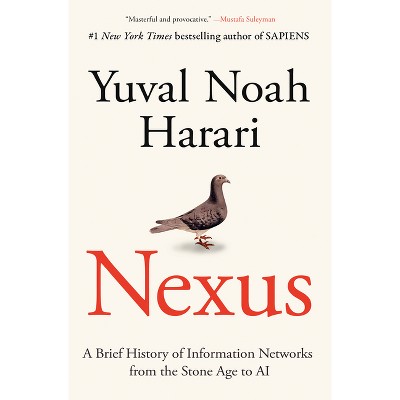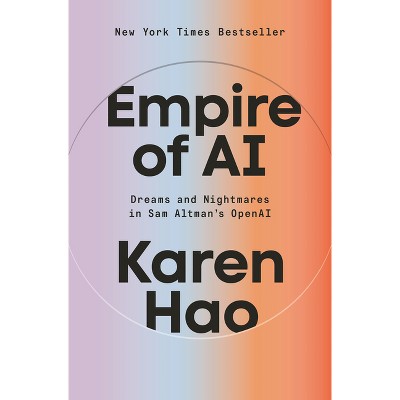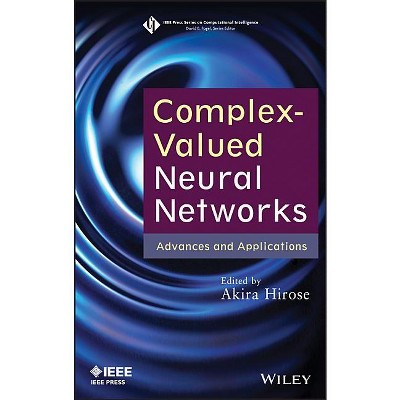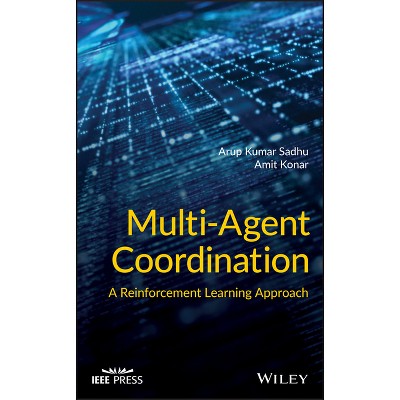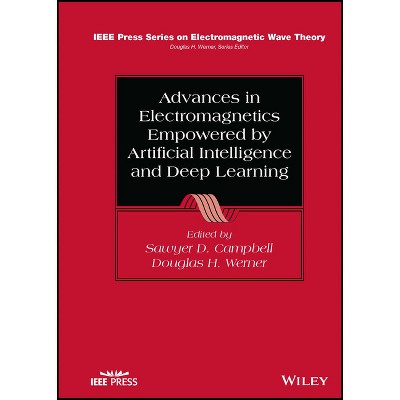About this item
Highlights
- About the Author: Akshi Kumar is a Senior Lecturer and Director for Post-Graduate Research with the Department of Computing at Goldsmiths, University of London, UK.
- 352 Pages
- Computers + Internet, Natural Language Processing
Description
About the Book
"This book provides an in-depth exploration of the latest advancements in NLP, offering a unique blend of theoretical foundations, practical applications, and future directions. Comprised of 10 chapters, this book starts with an introduction on the history of NLP, discussing the approaches and its transformative impact on business and society before delving into data management and the challenges that arise. The author discusses computational and cognitive approaches in NLP, including how machine learning, memory models, attention mechanisms, and reasoning contribute to the field's advancement, alongside insights into transfer learning and the cutting-edge neuro-symbolic approaches. Practical applications and advanced processing techniques are explored, ranging from affective, psychological, and content analysis to multilingual processing and domain-specific applications in sectors like healthcare, legal, finance, and education, showcasing the versatile and extensive impact of NLP technologies. Aimed at professionals and graduate students, its comprehensive coverage of both fundamental concepts and advanced topics in NLP makes it suitable for readers who have a foundational understanding of computer science, linguistics, and artificial intelligence and are looking to delve deeper into the intricacies of NLP"--From the Back Cover
Thorough review of foundational concepts and advanced techniques in natural language processing (NLP) and its impact across sectors
Supported by examples and case studies throughout, Language Intelligence provides an in-depth exploration of the latest advancements in natural language processing (NLP), offering a unique blend of insight on theoretical foundations, practical applications, and future directions in the field.
Comprised of 10 chapters, this book provides a thorough understanding of both foundational concepts and advanced techniques, starting with an overview of the historical development of NLP and essential mechanisms of Natural Language Understanding (NLU) and Natural Language Generation (NLG). It delves into the data landscape crucial for NLP, emphasizing ethical considerations, and equips readers with fundamental text processing techniques. The book also discusses linguistic features central to NLP and explores computational and cognitive approaches that enrich the field's advancement.
Practical applications and advanced processing techniques across various sectors like healthcare, legal, finance, and education are showcased, along with a critical examination of NLP metrics and methods for evaluation. The appendices offer detailed explorations of text representation methods, advanced applications, and Python's NLP capabilities, aiming to inform, inspire, and ignite a passion for NLP in the ever-expanding digital universe.
Written by a highly qualified academic with significant research experience in the field, Language Intelligence covers topics including:
- Fundamental text processing, covering text cleaning, sentence splitting, tokenization, lemmatization and stemming, stop-word removal, part-of-speech tagging, and parsing and syntactic analysis
- Computational and cognitive approaches, covering human-like reasoning, transfer learning, and learning with minimal examples
- Affective, psychological, and content analysis, covering sentiment analysis, emotion recognition, irony, humour, and sarcasm detection, and indicators of distress
- Multilingual natural language processing, covering translation and transliteration, cross-lingual models and embeddings, low-resource language processing, and cultural nuance and idiom recognition
Language Intelligence is an ideal reference for professionals across sectors and graduate students in related programs of study who have a foundational understanding of computer science, linguistics, and artificial intelligence looking to delve deeper into the intricacies of NLP.
About the Author
Akshi Kumar is a Senior Lecturer and Director for Post-Graduate Research with the Department of Computing at Goldsmiths, University of London, UK. Dr. Kumar earned her PhD in Computer Science & Engineering from the University of Delhi, India, in 2011, and her research interests include sentiment analysis, affective computing, cyber-informatics, psychometric NLP, and more. She has been ranked #8 globally for Sentiment Analysis over the past 5 years by ScholarGPS. Her name has been included in the "Top 2% scientist of the world" list by Stanford University, USA in 2023, 2022 and 2021.



